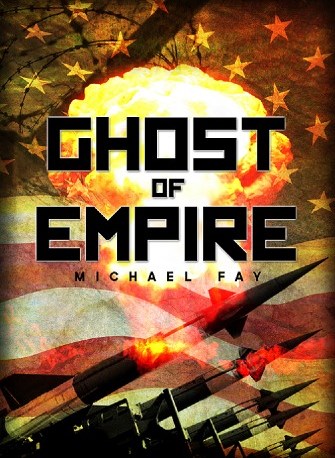Ghost of Empire
An ancient empire ended in the 1970s with little notice taken by the world outside the Middle East. Twenty-first century descendants of the Persian Empire are determined to revive the fallen Empire; the book opens with the placement and detonation of a nuclear bomb in Tehran, followed immediately by the release of a man-made plague simultaneously in Beijing and New Delhi. The lost empire, in all its glory, will be re-established in the vacuum of the plague and explosion.
American intelligence asset, Eric Lantz and his Saudi counterpart, Alia al Faisal from Doctors without Borders, begin a race against time and the empire’s descendants’ malicious determination to destroy half the world’s population. Eric and Alia follow the trail of evidence and destruction from the twisted wreckage of a helicopter used by the bombers in Tehran, to Babak Castle and on to Tabriz, where they uncover the motive underlying the plot of destruction. The final confrontation between the empire’s descendants and the modern world takes place in Hazdan Armenia. Will the world survive this trauma, or will the Ghost of Empire rise again?
$ 24.95$ 19.99- Availability: In Stock
- Category: Iran, nuclear weapons, bio weapons, United States, drones, Azerbijan, Turkey, mystery, international, technology
 MICHAEL FAY
MICHAEL FAY
